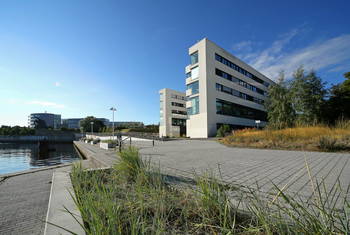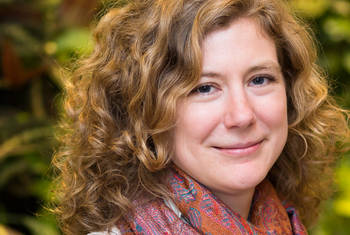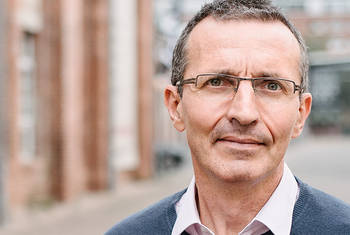Mine Kühn How Does Single Motherhood Impact Health and Wellbeing?
Mine Kühn is a Research Scientist in the Laboratory of Population Health at the Max Planck Institute for Demographic Research. She has previously worked at Ruhr-University Bochum. Her research interests lie at the intersection of health and family dynamics. Kühn’s research on the health and wellbeing of single parents and their children takes a life course approach to explaining health inequalities, and considers heterogeneity among single parents as pathways into single parenthood or living arrangements.
Area of Research
Population Health, Family Sociology, Social Demography, Life Course, Quantitative Methodology
since 2019
Research Scientist
Max Planck Institute for Demographic Research (more details)
Laboratory of Population Health
2015-2019
Research Scientist
Max Planck Institute for Demographic Research (more details)
2008-2015
Research Scientist
Ruhr University Bochum (Ruhr-Universität Bochum)
Faculty of Social Science
2009-2015
Lecturer
HFH Hamburger Fern-Hochschule
Studies in Health – and Social Management
2015
Visiting Researcher
Bangor University
2014
Doktor rer.soc.
Ruhr University Bochum (Ruhr-Universität Bochum)
Faculty of Social Sciences, summa cum laude
2002-2008
Diploma
Ruhr University Bochum (Ruhr-Universität Bochum)
Faculty of Social Sciences
2007
Studies in Sociology
University of Nebraska at Omaha
Faculty of Sociology
- Journal of Marriage and Family
- Journal of Family Issues
- Journal of Ethnic and Migration Studies
- Families, Relationships and Societies
- European Association for Population Studies
- German Society for Social Medicine and Prevention (DGSMP)
- Verein für Socialpolitik
- Population Association of America (PAA)
- Deutsche Gesellschaft für Soziologie (German Sociological Association)
- Mid-American Utrecht Exchange (MAUI) Scholarship (2007)
- 2015 Erasmus+ Staff mobility
Institute
Max Planck Institute for Demographic Research
The Max Planck Institute for Demographic Research (MPIDR) in Rostock investigates the structure and dynamics of populations. The Institute’s researchers explore issues of political relevance, such as demographic change, aging, fertility, and the redistribution of work over the life course, as well as digitization and the use of new data sources for the estimation of migration flows. The MPIDR is one of the largest demographic research bodies in Europe and is a worldwide leader in the study of populations. The Institute is part of the Max Planck Society, the internationally renowned German research organization.
Map
Previous research has shown that single mothers experience disproportionately higher rates of physical and mental illness compared to partnered mothers. In this video, moving beyond that comparative focus, MINE KÜHN analyzes how the transition into and length of single motherhood impacts health and wellbeing, as well as the factors that determine those impacts. By investigating changes in single motherhood over time using German panel data, Kühn finds that expanded employment correlates strongly with improved health and wellbeing for single mothers. Her findings highlight the vital importance of policies which enable single mothers to return to work, such as institutional childcare provision.
LT Video Publication DOI: https://doi.org/10.21036/LTPUB10810
Changes in Lone Mothers’ Health: A Longitudinal Analysis
- Mine Kühn
- Lone Parenthood in the Life Course
- Published in 2018











